Meet Robert Messing, New UT Med School Vice Provost
 Now that funding for UT-Austin’s new medical school has been secured, University administrators face the monumental task of building a new school from the ground up—starting with hiring the right leaders. Yesterday, one of the first of those key hires was announced: Robert O. Messing will serve as vice provost for biomedical sciences.
Now that funding for UT-Austin’s new medical school has been secured, University administrators face the monumental task of building a new school from the ground up—starting with hiring the right leaders. Yesterday, one of the first of those key hires was announced: Robert O. Messing will serve as vice provost for biomedical sciences.
Messing is no stranger to starting new medical programs. During 26 years at the University of California, San Francisco, he helped build the Ernest Gallo Clinic and Research Center. He also balances administrative work and medical education with research on the science of addiction.
UT hopes to admit its first class of medical students by 2015. That ambitious timeline means Messing, whose first day on the job was Jan. 16, has his work cut out for him. He told the Alcalde how he plans to foster interdisciplinary ties across the Forty Acres.
Why did you take this job?
Well, I took a risk, because I didn’t know what would happen in the election [if Proposition 1 would pass, securing funding for the medical school].
I was also in a situation where my current job was probably going to be defunded within a year, so I was looking. And this was a very, very exciting opportunity. A top-tier university creating a brand-new medical school? That hasn’t happened anywhere in the country in decades. I wanted to be a part of that.
A top-tier university creating a brand-new medical school? That hasn’t happened anywhere in the country in decades. I wanted to be a part of that.
What’s your first order of business?
I need to get to know anybody who could be at all related to the med school, then fit all the pieces together and see where the holes are. There are many obvious points of overlap—pharmacy, biochemistry, neuroscience, engineering, and others. There’s a lot to figure out about how interdisciplinary collaboration will happen. What new departments or degrees will we create? What existing departments will be involved and how?
The other urgent thing is to get a handle on what will be needed structurally for the buildings, so we can plan facilities.
How will you work with the dean of the medical school?
We hope to hire a dean within the year. The plan is to first develop skeleton programs to the extent that we can plan for facilities and approvals. This university is very dean-centric—deans seem to be given a lot of authority in the colleges. So I assume they’ll want to hire a dean who is energetic and has lots of ideas.
I don’t think it’s going to be very prescribed. Working with the dean may be like bringing someone into a feast, showing them all the dishes, and saying look, here’s what you can choose from. There are so many resources available here.
In addition to being a medical administrator, you’re also a research scientist. How will you balance those roles at UT?
At first, I’ll be mostly administrative, and then within a year or a few years I hope to dial that back and increase the research.
Research will always be what gets me up in the morning. When I’m in the shower, I’m thinking about research questions. But I also really like creating environments where people can excel at their work, and that’s why I came here.
What challenges do you think lie ahead for the medical school?
First, building an academic medical center on top of an established private practice community. Health care providers in Austin may see us as competition.
And then internally, people within UT may fear that we’ll be this huge, expensive medical school sucking resources from all the other colleges. But I really don’t think that will happen. That’s part of my job, to make sure existing programs do even better because there’s a med school, rather than competing.
Do you have any hobbies?
I have a good road bike, and I like to ski. I read a lot.
Can you recommend a book?
I really enjoyed The Curious Incident of the Dog in the Night-Time. It’s written from the perspective of an autistic kid. I liked how it puts you inside the head of somebody who is autistic and describes their fears and their difficulties and their brilliance.
Photo courtesy Robert Messing.

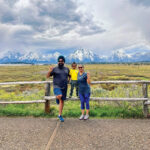
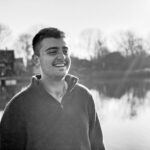
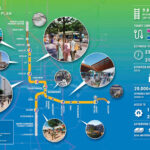
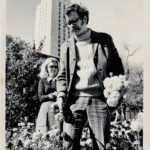
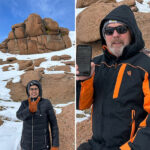




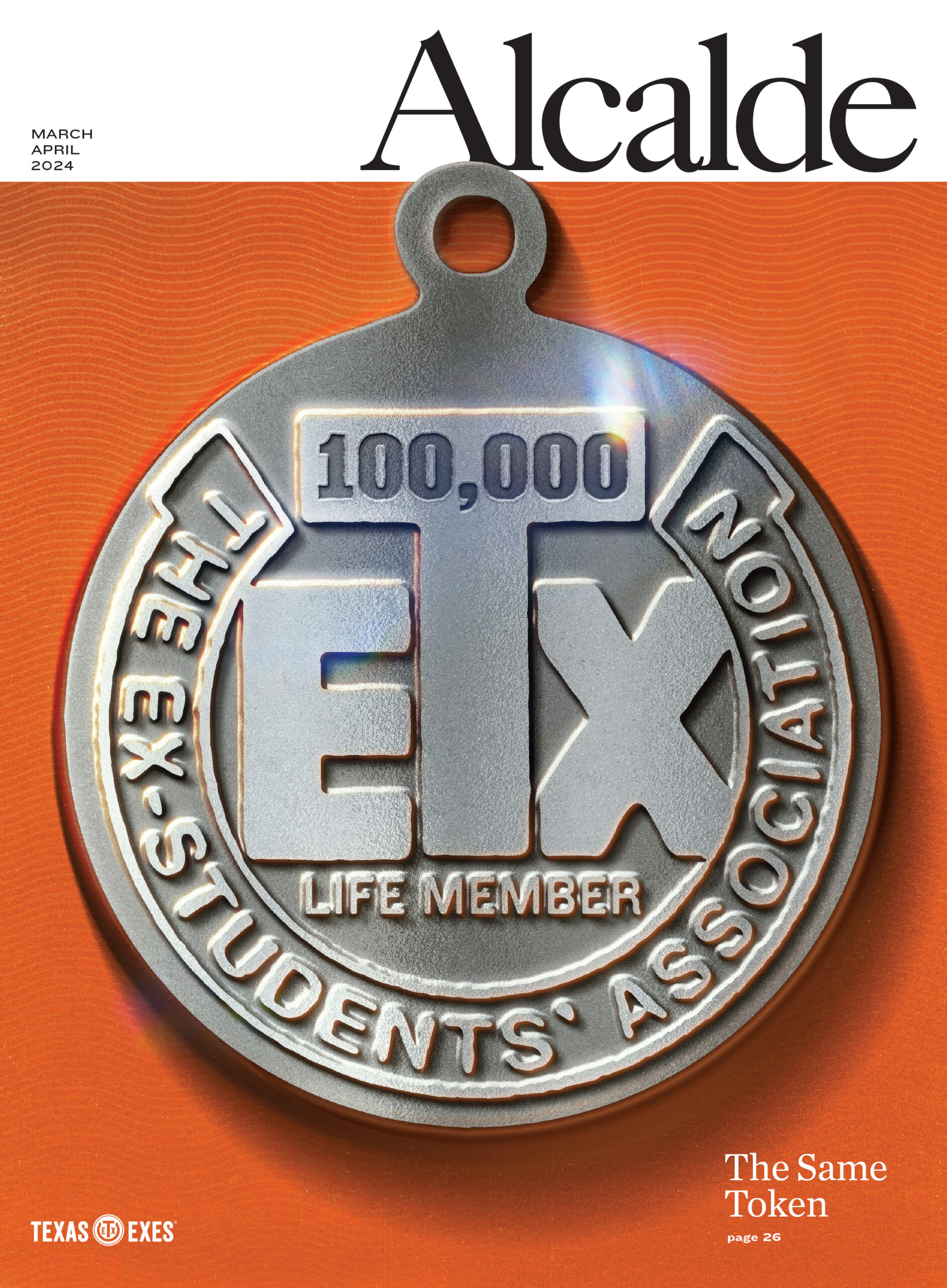






No comments
Be the first one to leave a comment.